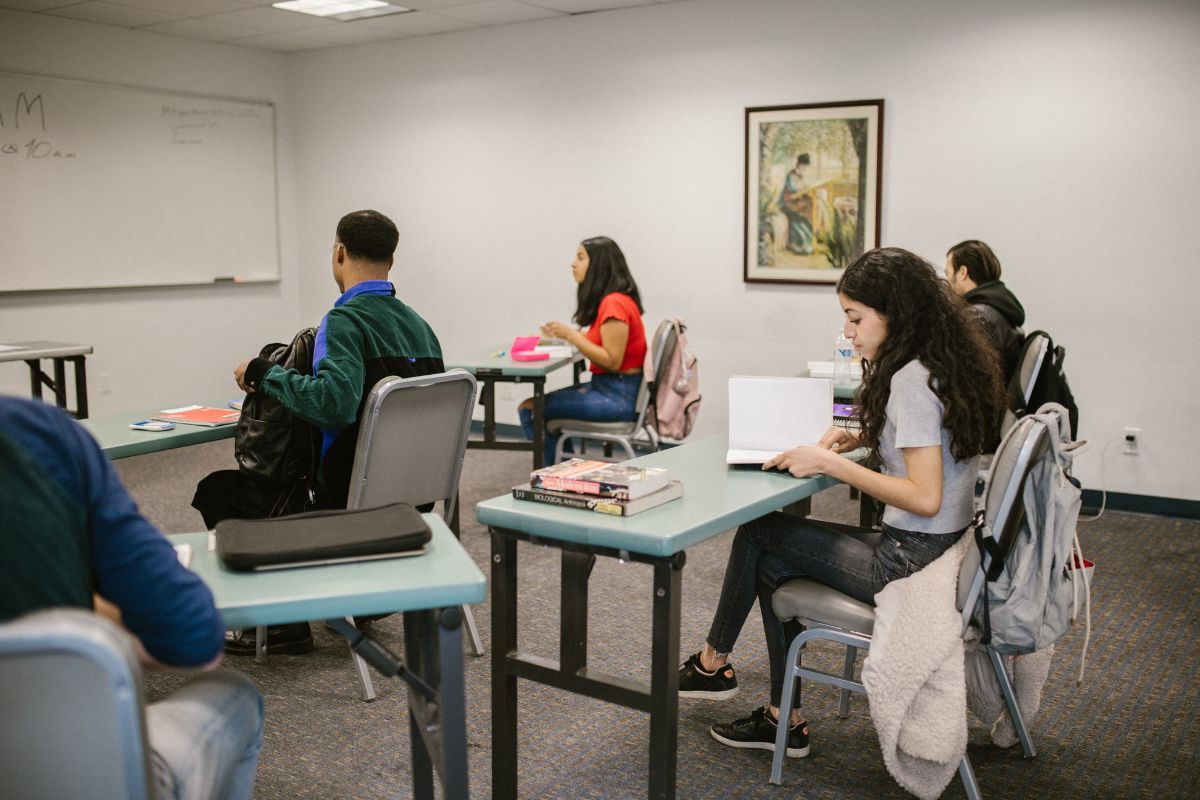Changes to Ofsted’s post-inspection arrangements and complaints handling: Report on the responses to the consultation

On 12 June 2023, we launched a public consultation on proposals for changes to Ofsted’s post-inspection arrangements, including how we handle complaints about our work. The proposals intended to build on current arrangements to support a ‘right first time’ approach to inspections and to allow us to consider and resolve any issues during the inspection process, where possible.
The consultation ran for an extended period until 15 September 2023. This was so that any providers that were closed over the summer period were able to contribute.
The consultation method
We sought feedback and comments through an online survey. The consultation was open to all. We particularly invited responses from:
- providers that we inspect and regulate
- service users
- those involved in the work that we carry out
In total, we received 1,576 online responses. This was an increase of over 150% from the 622 responses we received from our previous consultation in 2020 on the same subject.
We received responses from provider-representative bodies including teaching unions, individual providers and other service users. We also received a small number of responses in correspondence from provider-representative bodies.
In their responses, respondents could record that they worked in one or more of the remits that we inspect and regulate. If respondents said they worked in multiple remits (for example, in early years and schools), we counted and considered their responses once in the overall figures and also under each of the separate remit areas, for completeness. If respondents did not identify themselves as working in any remit we inspect (for example, they are a parent), we counted and considered their responses as part of the overall figures only.
We considered fully all responses and comments when deciding on the changes we will make.
Of the 1,576 survey respondents:
- 37% responded on behalf of an organisation
- 28% said that they had previously made a complaint about Ofsted
- 70% led a setting that we inspect or regulate; 17% were employed at a setting; 3% responded on behalf of a professional organisation; 3% were parents of service users
- 59% identified themselves as being from schools; 25% from early years; 6% from social care; 5% from further education and skills; and 11% did not identify themselves as being linked to a remit
All respondents could make free-text, narrative comments alongside their view on the specific proposals. Most comments related directly to the proposals. However, some were more widely about our inspection processes and complaints handling.
In deciding how to proceed, we have taken into account:
- the responses to the consultation questions, both positive and negative
- all free-text comments
- written responses received outside of the online consultation process
- our duties under the Equality Act 2010
As a result, we consider that the consultation exercise met the standards expected of a public body.
Summary of responses
Overall, responses to all 4 proposals in the consultation were very positive. In total, over 80% of respondents supported proposals 1, 2 and 4 by stating that they ‘strongly agree’ or ‘agree’. Just under 80% supported proposal 3.
This strong support for the proposals was broadly consistent across all the remits that we inspect and regulate. More than 75% of respondents in each remit supported each proposal.
Read more here.
Sector Response
Ian Hartwright, head of policy at school leaders’ union NAHT, said:
“There are small improvements to the complaints process here which we hope will lead to better dialogue with school leaders.
“However, our recent survey of school leaders found 95% disagreed or strongly disagreed that Ofsted dealt with complaints about the accuracy of inspection judgements effectively.
“This underlines that much more needs to be done to regain the confidence of the education profession in the complaints procedure, and ultimately we need to see an independent body handling complaints rather than an inspectorate marking its own homework.
“More broadly, fundamental reform of the way Ofsted operates is urgently needed to improve the reliability and usefulness of inspections, while reducing the unacceptable toll on the wellbeing and mental health of leaders and teachers. If delivered, these changes might go a long way towards reducing the number of complaints in the first place.”











Responses